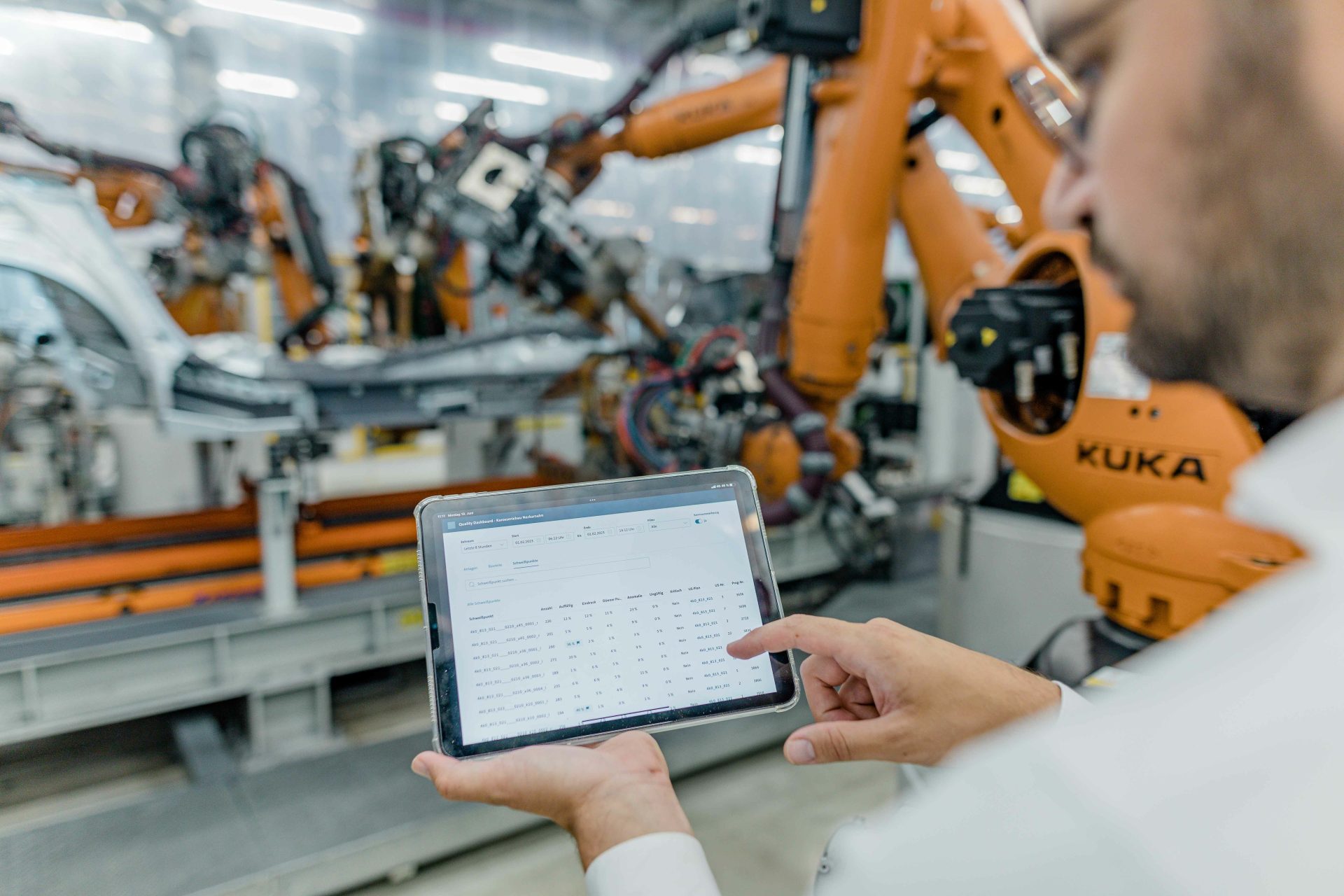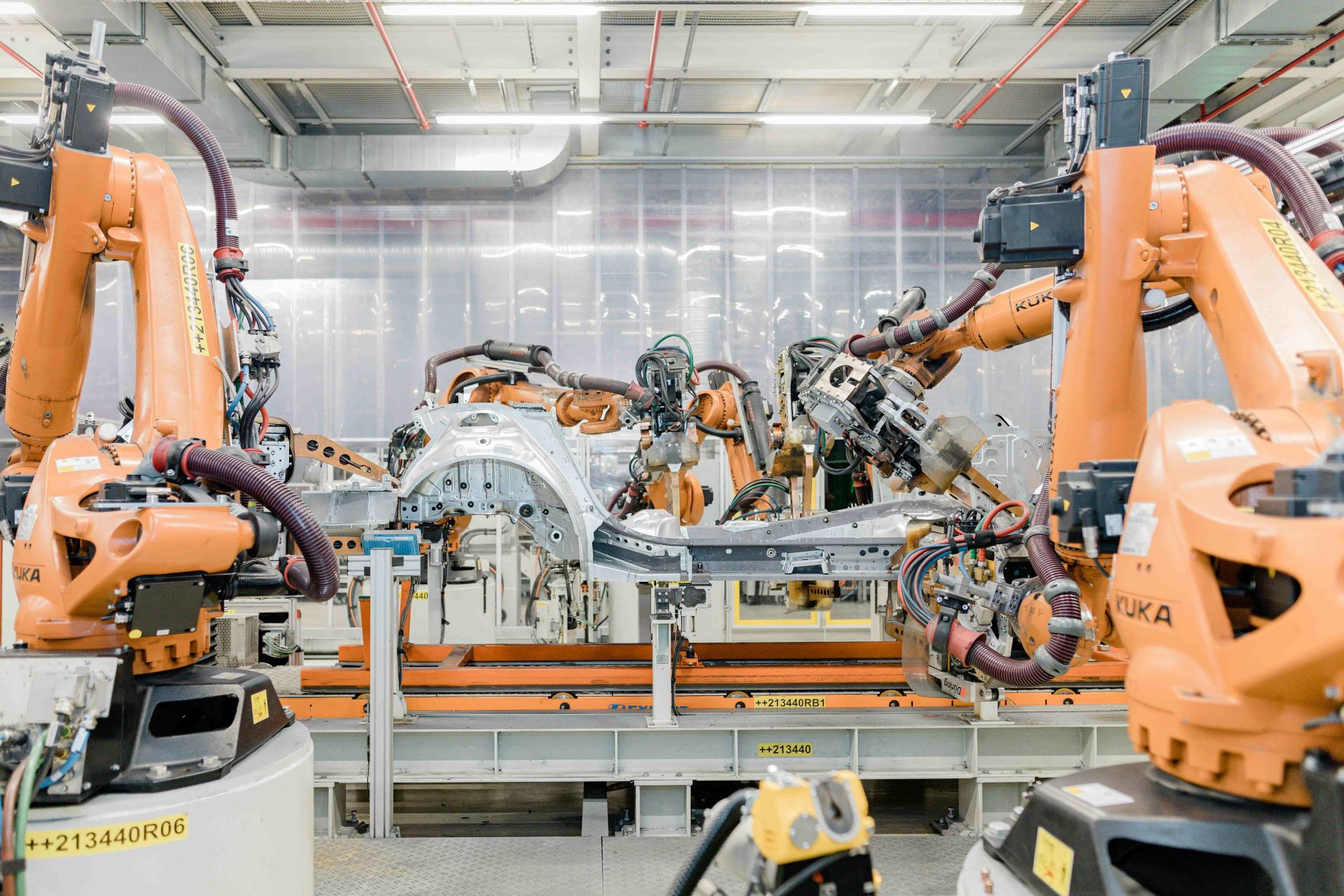
Audi is promoting the digital transformation of its production operations. After a successful initial project, the brand has started to develop an artificial intelligence (AI) system for quality control of spot welds in car body manufacturing. This AI was initially developed and tested at the Neckarsulm facility. By the end of the year, the infrastructure required to implement AI will be set up at three further Volkswagen Group sites. This project contributes to Audi's Automotive Initiative 2025 (AI25).
The AI system allows Audi to control around 1.5 million spot welds on 300 vehicles every shift at the Neckarsulm plant. In contrast, earlier, production personnel manually inspected the quality of resistance spot welds (WPS in German) via ultrasound based on random sampling, checking approximately 5,000 spot welds per vehicle. Artificial intelligence technology allows workers to zero in on potential irregularities, providing a more efficient and focused quality control process.

Initiatives have been launched to implement this technology at other Volkswagen Group plants. For example, Audi Brussels is currently setting up the technical infrastructure for artificial intelligence. The Volkswagen plant in Emden and the Audi headquarters in Ingolstadt have planned a similar installation this year. In preparing these sites, experts are identifying variations of welding setups to customize the AI model.
The data collected by AI applications can be used to improve other processes in the future. For example, Audi is exploring the use of this data for predictive maintenance. Gerd Walker, Audi Board Member for Production and Logistics, explains that digitized production lines form the basis of Audi's vision for future production, which will boost efficiency across Audi's global locations, highlighting the huge potential of AI in mass production.

To ensure that the process complies with the audit and certification, the development in Neckarsulm was carried out in close cooperation with the German Quality Association (DGQ), the Fraunhofer Institute for Industrial Engineering (IAO) and the Fraunhofer Institute for Industrial Engineering and Automation (IPA). This collaboration reflects the current lack of standards or certifications of AI applications of an independent entity. Project leaders Mathias Mayer and Andreas Rieker explained that this makes it possible to convincingly demonstrate how an AI-based test result is achieved. In collaboration with the Fraunhofer IAO and IPA, an AI production guide was developed.
The "WPS-Analytics" project also contributes to Audi's Automotive Initiative 2025 (AI25). This initiative aims to create a competence network for digital transformation and innovation in the factory. Audi's goal is to use digitalisation to enhance the flexibility and efficiency of production and logistics. To become a smart factory, Audi and its scientific and IT industry partners are testing digital solutions in a real production environment in Neckarsulm for eventual use in mass production.






